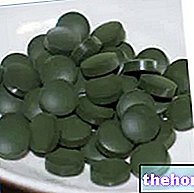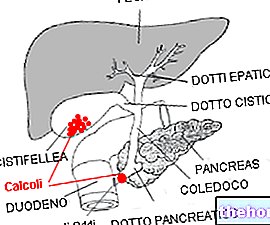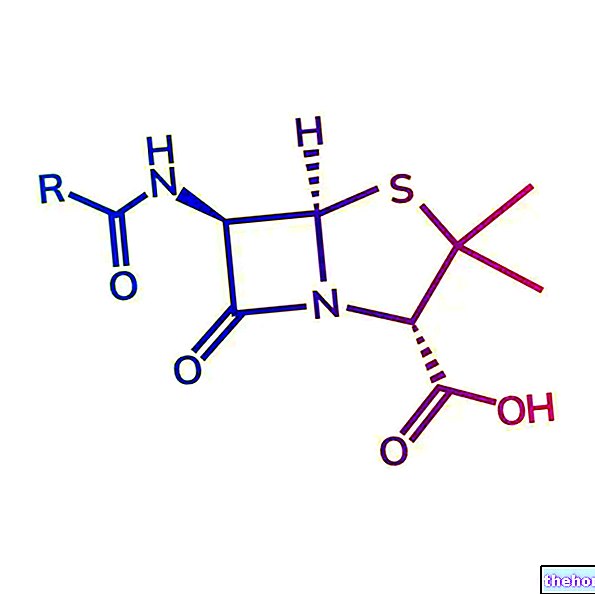Generality
Lycopene is a natural molecule with a strong antioxidant and cytoprotective power.

In recent years, supplementation with lycopene has taken on great importance, both clinical and experimental.
Indications
Why is lycopene used? What is it for?
There are several biological activities of lycopene and the consequent clinical utility attributed to it.
Currently the following are ascribed to lycopene:
- Antioxidant properties, important in counteracting the damaging action of reactive oxygen species on cellular structures and in preventing the oxidation of LDL cholesterol;
- Anti-atherogenic and cardioprotective properties, linked both to the inhibitory action against the HMG-CoA reductase enzyme (involved in the endogenous synthesis of cholesterol), and to the ability to induce the expression of LDL receptors on the surface of macrophages;
- Antitumor properties, especially directed against prostate cancer, and precious for the ability to preserve the functionality of genes involved in the regulation of the cell cycle.
Properties and Effectiveness
What benefits has lycopene shown during the studies?
Much of the work on lycopene, particularly those on alleged anticancer effects, is epidemiological in nature.
In fact, according to several authors, subjects who take a higher dose of lycopene through the diet would be more protected from the development of prostate cancer.
Conversely, a reduction in lycopene blood concentrations appears to be associated with an increased risk of prostate cancer.
On the other hand, the results of another very recent clinical trial, conducted on patients with prostate cancer to be operated on surgery and contextually subjected to daily supplementation with 30 mg of lycopene, divided into two intakes, would be very interesting.
According to surgeons and pathologists, the tumors of patients supplemented with lycopene would show a lesser degree of malignancy and invasiveness than the untreated group.
These works would underline the not only preventive, but potentially also therapeutic, utility of lycopene.
Dosage and method of use
How to use lycopene
The large amount of work published in the literature is not sufficient to allow the identification of a standard, reproducible and effective dose of lycopene.
For this reason, the range of dosages currently used is still very wide.
Generally, the most used daily dose is that of 5-15 mg, equal, more or less, to what would be found in about half a kg of tomatoes.
Side effects
There are no known clinically relevant side effects derived from the use of lycopene as a supplement.
Contraindications
When should lycopene not be used?
The use of lycopene is contraindicated in case of hypersensitivity to the active ingredient.
Pharmacological interactions
What drugs or foods can modify the effect of lycopene?
Given the chemical nature of lycopene, there are several active ingredients capable of modifying its availability.
More precisely, cholestyramine, mineral oils, orlistat and pectin could reduce the bioavailability of lycopene, while beta-carotene, medium-chain triglycerides and some vegetable oils could increase intestinal absorption.
Precautions for use
What do you need to know before taking lycopene?
Despite the clinical importance of this carotenoid, during pregnancy and in the subsequent period of breastfeeding the daily quota of lycopene should be taken only through fruit and vegetables, without resorting to the use of supplements.




























